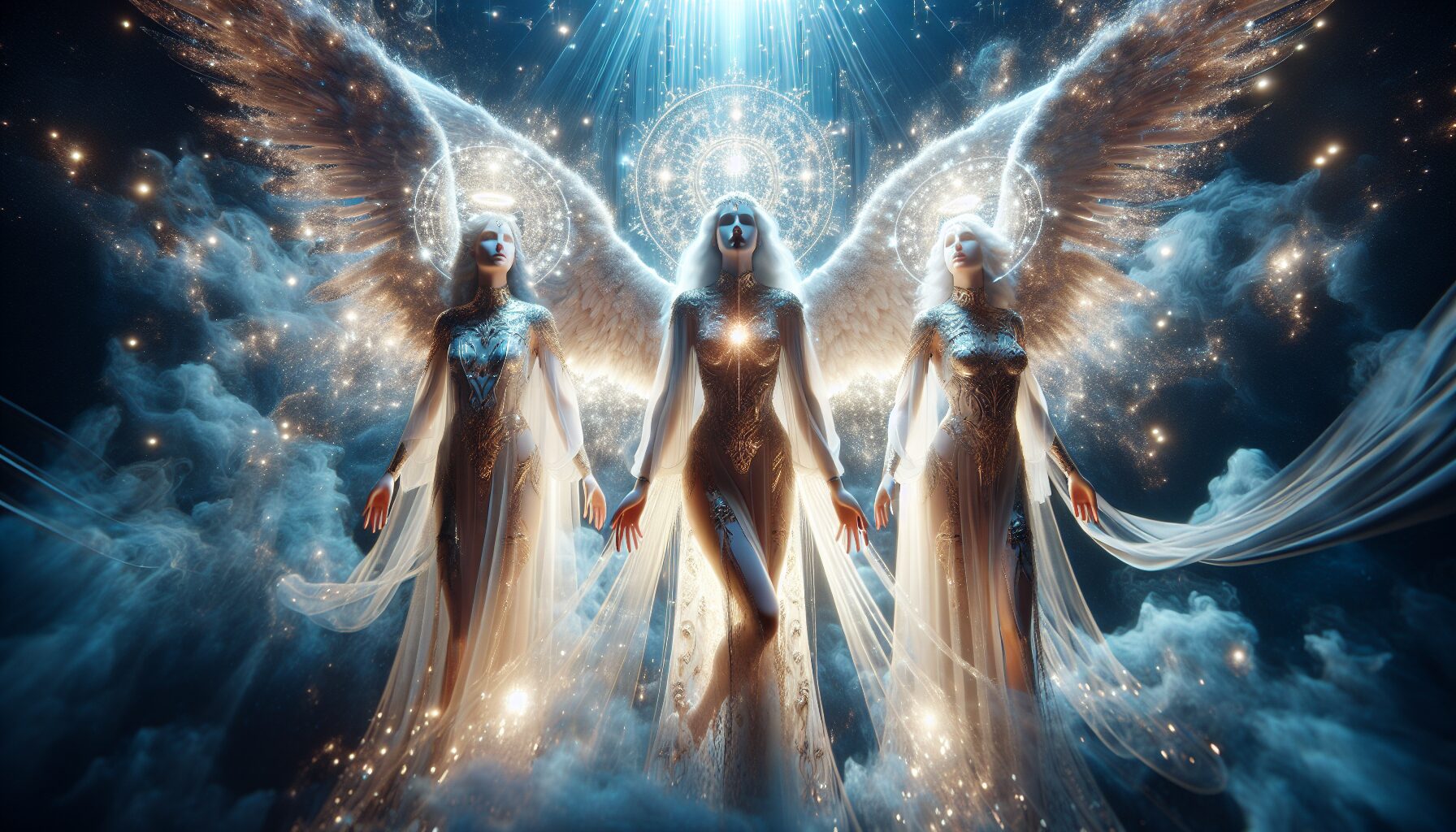Angels of the Abyss Reimagined: Spiritual Archetypes
Throughout history, the concept of angels has captivated human imagination, serving as messengers, protectors, and even harbingers of divine or apocalyptic events. However, Angels of the Abyss presents a fascinating reimagining of these spiritual entities, shifting the narrative from their traditional roles to powerful archetypes woven into our cultural and spiritual fabric.
The Concept of the Abyss
The term “abyss” often evokes images of unfathomable depths or chaos. In various religious and mythological narratives, it is both a place of darkness and a pivotal point of transformation. The Christian Bible’s Book of Revelation, for example, introduces the idea of a literal pit out of which demonic forces rise, linked with themes of judgement and redemption.
Reimagining angels within the context of the abyss involves a transformation of these messengers from guardians to intermediaries between light and darkness, redefining their role in shaping human spirituality.
Archetypal Roles of Angels
- The Guardian: Traditionally seen as protectors, guardian angels have been envisioned as watching over individuals, guiding them through life’s trials and tribulations. In a modern context, they can be seen as embodiments of our inner strength and intuitions that steer us through moral complexities.
- The Herald: Angels have long been considered bearers of divine messages. As archetypes, they represent our inherent desire to seek out and interpret signs and guidance from a higher power or deeper consciousness.
- The Warrior: Often depicted as defenders against evil, these angels embody our inner battles with personal demons. This archetype speaks to the resilience and courage necessary to overcome adversity. “There are far, far better things ahead than any we leave behind,” wrote C.S. Lewis, emphasizing the constant struggle for improvement and triumph.
Bridging the Spiritual and Material
In this reimagined context, Angels of the Abyss serve as bridges between spiritual enlightenment and worldly experiences. They challenge humanity to confront and embrace the shadows within the soul, transforming these into sources of empowerment rather than fear.
“The darker the night, the brighter the stars,”
This quote embodies the paradox of angels arising from the abyss. It compels individuals to find light within moments of darkness, redefining angels from largely external figures to deeply personal spiritual experiences.
Cultural Significance
Our reshaped view of angelic figures can also be seen in contemporary storytelling and art. Films, literature, and visual art often explore these dualistic natures, reflecting societal shifts and personal quests for meaning. Works such as Milton’s Paradise Lost provide rich explorations of such themes, where beings of immense power straddle the line between virtue and vice.
- Films: Movies like Constantine and Legion portray angels as complex beings wrestling with free will and morality in human affairs.
- Literature: Neil Gaiman’s American Gods confronts spiritual figures with modern identity and cultural integration.
- Art: Visual art installations often depict angels blending into urban landscapes, suggesting a presence both divine and earthly.
Personal Reflection and Modern Spirituality
By reimagining angels within the abyss, individuals are urged to reconsider their spiritual journeys. This concept challenges traditional constructs, encouraging a more nuanced and personal connection with spiritual archetypes.
Many find meditative or contemplative practices offer pathways to engage with these archetypes. Practices such as mindfulness and introspective journaling allow individuals to embody the traits of angels, embracing inner peace and resilience.
As spirituality continues to evolve, Angels of the Abyss remind us of the transformative power within—an invitation to explore the intriguing balance of light and shadow, ultimately guiding us to a fuller understanding of our place in the universe.

Comments